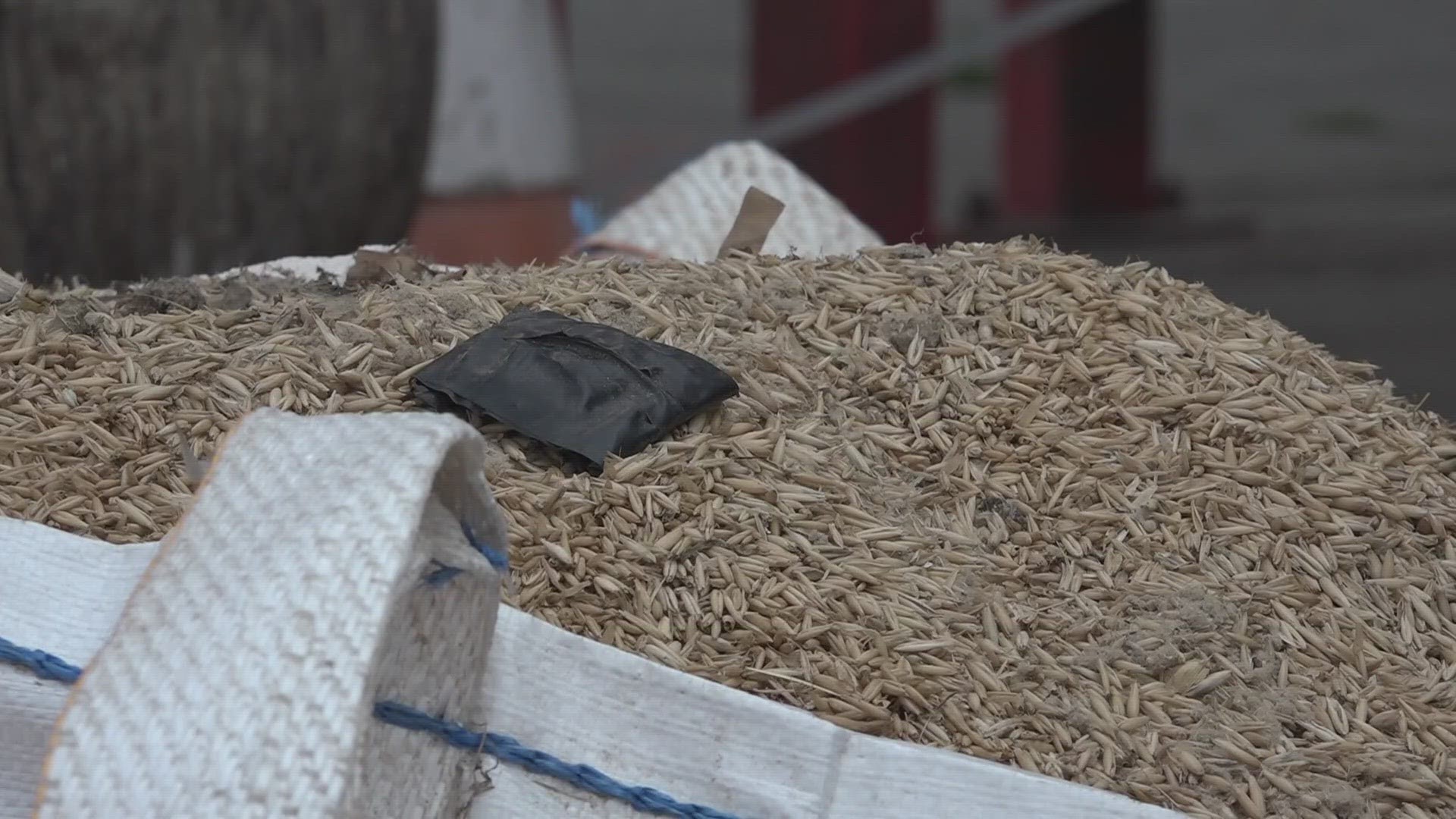MAINE, USA — In the days since Russia backed out of an agreement to allow Ukraine to export grain from ports along the Black Sea, global wheat prices have fluctuated wildly — impacting consumers and suppliers across our state.
But a group of business owners in Maine say there’s another way forward — one that involves producing locally and rejecting pricing models that rely on the ebbs and flows of global markets.
“We have never started with the commodities board pricing as our base price. We have always paid a premium [to farmers] to incentivize local grain production,” Amber Lambke, who founded the Maine Grains in Skowhegan, said.
Her mill pays farmers a yearly fixed price based on their bottom line, instead of relying on speculation. It's one piece of Lamke’s broader vision of a wholly local grain economy, where farmers, distributors, and retailers process and sell products grown in the area.
Other businesses have already joined the movement. Across town, Jeff Powers is the co-owner of Bigelow Brewing Company, along with his wife. His beers, with their creative names like Dementia Dog and Lying Bastard, have become widely popular in the state. Importantly, this success has been driven by local barley and wheat. By Powers’ estimate, 80% of the grains he uses are local, something he’s proud of.
“Personally, if I know that if I'm buying a product that I'm helping a farmer in the state that I live, I'm probably going to go with them,” Powers said.
But Powers and other brewers know a hard truth: big, imported grain priced by commodities markets is far cheaper. Barley provided by Maine suppliers costs 97 cents per pound. Barley imported from large, industrial mills in Canada costs 30 cents less. When dealing in tons, the numbers add up.
Head brewer Phillip Platz says it's hard to reject the large companies, but not impossible
“Their capacity is gigantic, so their price is a good bit cheaper. But it isn’t local,” Platz said in the brew room on Thursday.
But given the volatile global grain price — which spiked immediately after Russia withdrew from the Black Sea grain agreement, local suppliers could become more competitive in the future.
As Amber Lamke puts it, “For bakers, brewers, and chefs in the Northeast, this might be an awakening moment where purchasing local grain stabilizes their grain bill.”

